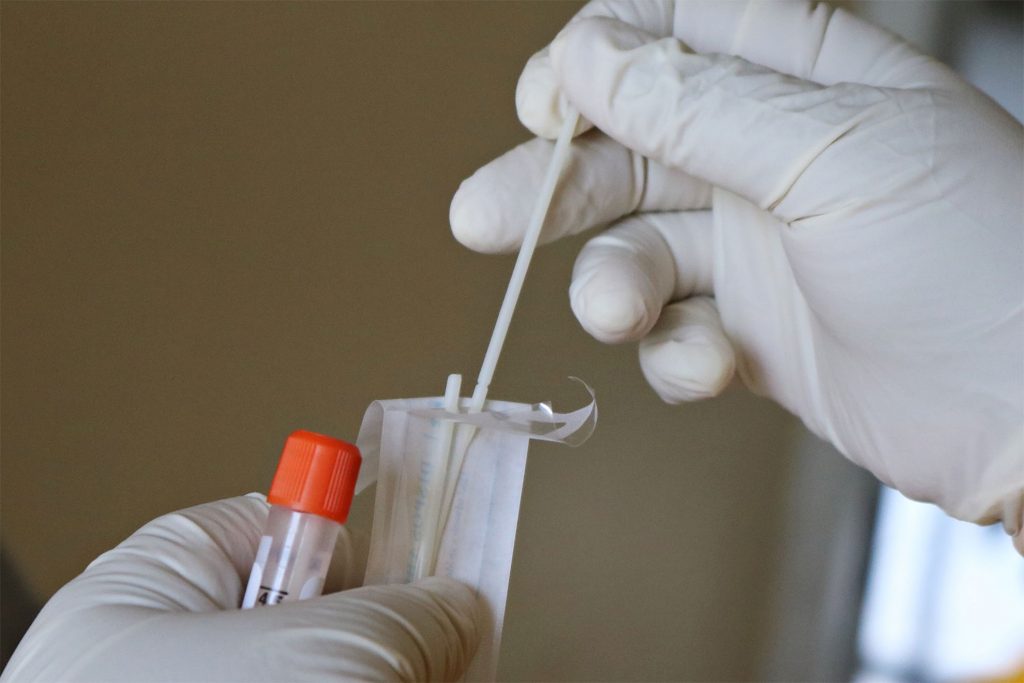What is a Continuum of Care?

When considering health and care services, the term "continuum of care" is often mentioned. But what does it really mean, and why is its importance? A continuum of care refers to a comprehensive range of health or care services that provide individuals with the appropriate level of support and treatment as their needs change over time. This care model ensures seamless transitions between different types of medical care, from independent living to nursing care, hospice care, and everything in between.
Understanding the Continuum of Care
A well-structured continuum of care is designed to meet a person's care needs in a coordinated manner, improving outcomes, reducing time spent in hospitals, and enhancing overall well-being. It involves a collaborative approach among healthcare providers, ensuring that individuals receive the right services at the right time.
The continuum of care includes various stages, such as:
Primary Care: The first point of contact for individuals seeking medical care, including general practitioners and routine health services.
Preventative and Early Detection Services: Essential in identifying health conditions before they become severe.
Acute Care: Short-term treatment for urgent medical conditions in hospitals or specialised units.
Post-Acute and Rehabilitation Care: Supportive services that help individuals recover from injuries, surgeries, or severe illnesses.
Long-Term Care: Assistance for those with complex medical conditions requiring ongoing treatment and monitoring.
Hospice and Palliative Care: End-of-life support focused on comfort and quality of life.
The Importance of a Continuum of Care
Delivering care through a continuum ensures that individuals receive care tailored to their specific needs while maintaining their independence and dignity. The goal is to provide stable housing, medical care, and supportive services that help people live a rich and fulfilled life.
A well-organised care continuum benefits both patients and families by:
Ensuring seamless transitions between different care settings, reducing stress and confusion.
Providing access to a full range of care services, from basic health services to advanced medical care.
Enhancing effectiveness by integrating various aspects of health and social care.
Improving outcomes through early detection, medication management, and personalised care plans.
Encouraging self-sufficiency for individuals, allowing them to remain as independent as possible.

Components of a Strong Continuum
For a continuum of care to function effectively, it must include several key elements:
1. Comprehensive Health Services
A full continuum of services includes primary care, hospital treatment, nursing care, and mental health support. Healthcare providers work together to ensure a coordinated approach that meets evolving care needs.
2. Stable Housing and Transitional Support
For at-risk individuals, including those recovering from illness or dealing with mental illness, access to stable housing is crucial. Transitional housing and community plans play a vital role in providing individuals with a safe and supportive environment.
3. Personalised Care Plans
A persons care plan should be flexible and adapted to their changing needs. Whether in a care home setting or independent living, individuals benefit from a tailored approach to treatment and support.
4. Long-Term Relationships with Care Providers
Establishing long-term relationships between patients and their healthcare providers enhances trust and ensures continuity in treatment.
5. Family Involvement and Support
Family members play and essential role in delivering care and providing emotional and social support. A strong care continuum recognises the importance of involving families in decision making and treatment planning.
6. Access to Resources and Support Services
To ensure effective care delivery, individuals must have access to necessary resources, including medical equipment, community programs, and counselling services. These resources play a key role in maintaining well being and stability.
7. Integration of Mental Health Services
Mental illness is a significant aspect of healthcare that must be addressed within the continuum of care. Providing comprehensive mental health support ensures that individuals receive holistic care tailored to their emotional and psychological needs.
8. The Role of Technology in Healthcare
Advancements in healthcare technology, such as telemedicine and digital health records, improve communication between healthcare providers and enhance the efficiency of care services. These innovations contribute to better patient experiences and streamlined care delivery.
9. Preventive Care and Wellness Programs
A strong continuum of care places emphasis on prevention and overall wellness. Encouraging healthy lifestyles, regular check-ups, and vaccination programs can help reduce the need for intensive medical interventions.
10. Community Support and Social Connections
Beyond medical care, social interactions and community engagement contribute significantly to a person's well-being. Care providers should foster a sense of community through group activities, support networks, and social programs.
11. Emergency and Crisis Intervention Services
In times of crisis, individuals require immediate intervention and access to urgent care services. Emergency response teams and crisis intervention services are integral components of a comprehensive care continuum.
12. Financial and Insurance Assistance
Navigating the financial aspects of healthcare can be challenging. A strong continuum of care includes guidance on financial planning, insurance coverage, and funding options to ensure individuals receive the support they need without financial strain.
13. Home-Based Care Services
For individuals who prefer to receive care in the comfort of their own home, home-based care services provide essential medical and supportive care. This can range from personal assistance to skilled nursing and palliative care, ensuring continuity within a familiar setting.
14. Transportation and Accessibility Solutions
Access to healthcare facilities can be a challenge for individuals with mobility limitations. A strong continuum of care includes transportation solutions to ensure that everyone can access the necessary services without difficulty.
15. Specialised Care for Chronic Conditions
Managing chronic conditions requires ongoing support and tailored interventions. The continuum of care includes specialised programs for conditions such as diabetes, heart disease, and respiratory disorders, improving quality of life and treatment effectiveness.
16. Support for Caregivers
Family caregivers play a vital role in providing daily support to their loved ones. However, caregiving can be physically and emotionally demanding. A strong continuum of care includes respite services, educational programs, and emotional support for caregivers to maintain their well-being.
17. Palliative Care Beyond Hospice
While palliative care is often associated with end-of-life services, it can also support individuals with serious illnesses at any stage. Integrating palliative care into the continuum ensures comfort, symptom management, and emotional support beyond traditional hospice care.
18. Multidisciplinary Teams for Holistic Care
A comprehensive continuum of care requires collaboration among professionals from various disciplines. Doctors, nurses, social workers, therapists, and nutritionists work together to provide holistic and patient-centred care tailored to individuals needs.

The Role of Urban Development in a Care Continuum
Urban development plays a role in shaping healthcare accessibility. Designing communities with integrated health facilities, accessible care services, and transitional housing ensures that individuals can access the support they need without unnecessary barriers.
Future Considerations for the Continuum of Care
As healthcare evolves, the continuum of care must adapt to changing demographics and medical advancements. Integrating telemedicine and digital health records, personalised medicine, and data-driven approaches can enhance patient outcomes and improve efficiency in care delivery.
Additionally, expanding training programs for healthcare professionals ensures that they remain equipped to provide high-quality, patient-centred care. As society continues to age, investing in sustainable healthcare models will be essential for meeting the growing demand for comprehensive services.
The concept of a continuum of care is vital in ensuring individuals receive the appropriate level of support throughout their lives. By integrating health services, providing stable housing, and ensuring a coordinated approach to treatment, care providers can improve patient experiences and outcomes. Whether in a care home, an independent living environment, or a hospital, a well-structured care continuum is key to delivering high-quality care in an effective and compassionate manner.
High-Quality Care Home in Edinburgh
Here at our care home in Colinton, we're proud to provide a range of care types, tailored to the individual needs and preferences of each resident. From residential and nursing care, to specialist dementia care and palliative support, every resident at our luxury care home can enjoy a rich and fulfilling life, giving their loved ones full peace of mind. If you looking for exceptional care in Edinburgh, please arrange a home tour with our friendly team, we can't wait to meet you.





